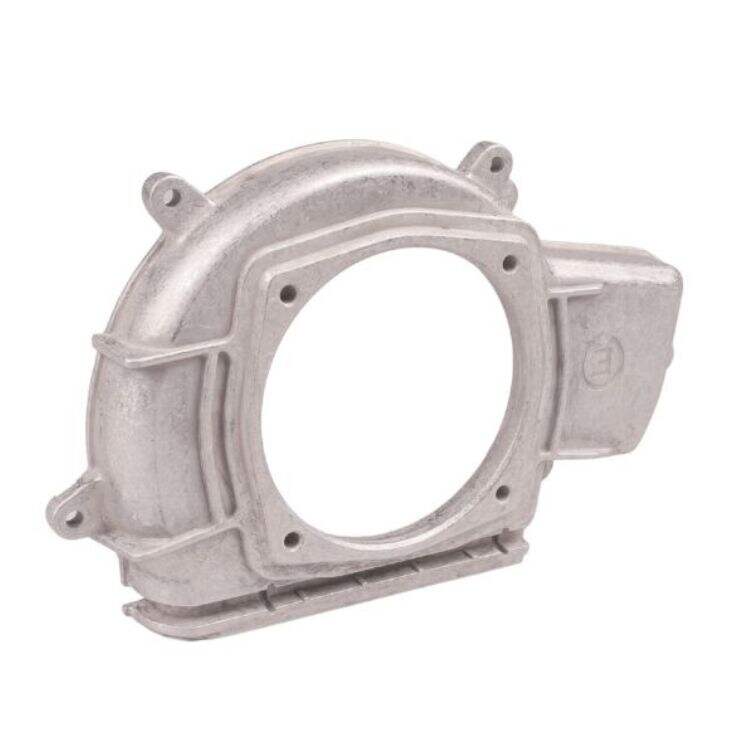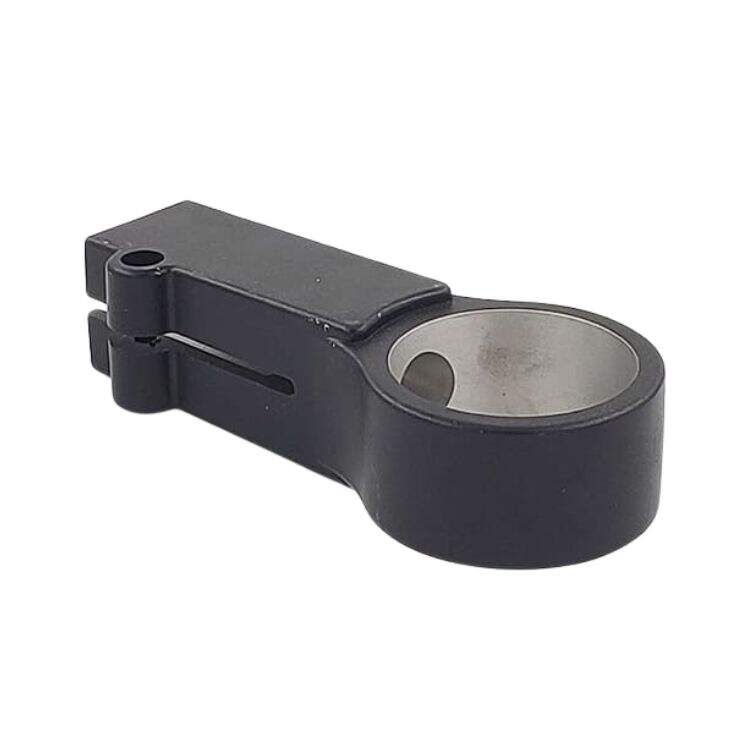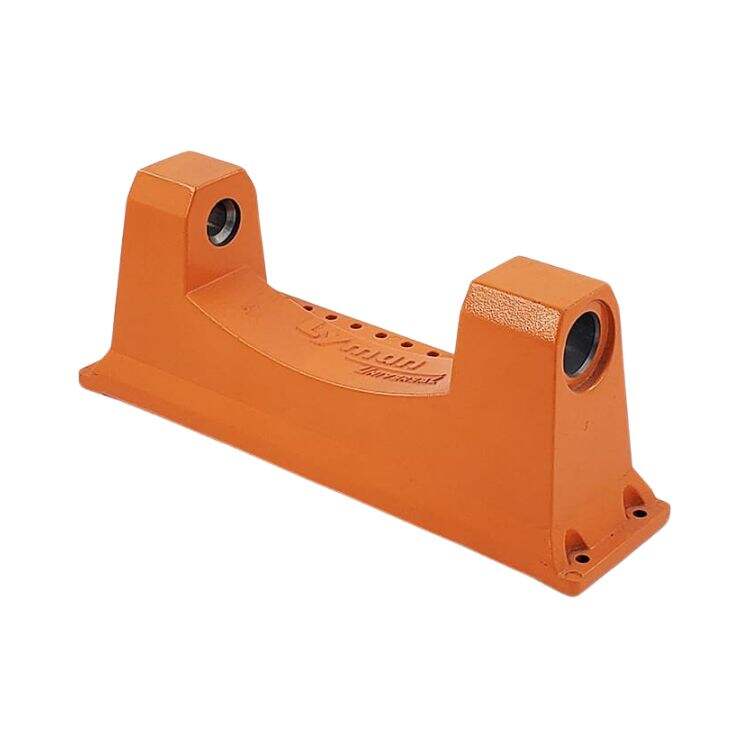When you think of plastic, you might think of plastic bags, colourful toys or even your trusty water bottle that keeps you hydrated. However, did you know that you can also use plastic to create specialized molds for different types of projects? That's right! Plastic mould is an extremely useful material that can be used in countless different ways. It may allow us to make components for machinery we use every day, or even fun toys and objects for around the house. Let us not scratch the surface of beauty of plastic molding; it is a versatile material that is so special!
Plastic mould is so popular because of one main reason – it has many good qualities. First, plastics are thin, which makes them lighter and therefore easier to handle. A bonus feature is that it is very strong, so it doesn’t break as easily, so it is a great pick for machines and other important jobs. Besides being lightweight and strong, plastic is also impervious to chemicals and water. This implies that it can be utilized in challenging environments where other materials may sustain harm. This is really useful in environments such as factories where things get dirty or wet.
Plastic also has the wonderful quality of being easily formed into all kinds of shapes. Its malleability means it can be formed into virtually any shape, making it ideal for toys, kitchen items, and lots of other stuff. Plastic moulds, for example, can be found in everything ranging from action figures to cups and plates. Plastic has emerged as a preferred material for various industries owing to the flexibility it offers.
In recent years, however, revolutionary technology has improved mold plastic injectioning further beyond its previous capabilities and possibilities. Packaging and moulding companies such as Moldie have found clever and ingenious new methods of optimising the plastic moulding process. As a result, they have implemented an array of new procedures that can create plastic items with even more accuracy and uniformity. For example, certain machines used for plastic moulding can manufacture extremely detailed parts. They do this using powerful computers and specialized measuring devices. That means businesses will be able to mold a variety of items like car parts and hospital tools.

However, with the increasing concern for our surroundings, and climate change, many businesses are turning to plastic moulding as a preferable and more sustainable option. Plastic is a material we can reuse many times, and this is good for reducing waste. In fact, there are a host of companies now developing systems that can recycle and reuse plastic waste, helping to keep our planet clean.

Furthermore, certain types of plastic moulding are able to use plant-based materials. These bio-based materials are derived from renewable sources that can naturally regenerate in a timely manner. This is a great way to save our Earth. For example, brands such as Moldie are providing eco-friendly practices that would help reduce the amount of waste and sustain our planet for future generations.

When it comes to plastic mould and considering plastic for your project, selecting the plastic most suited to your requirements is essential. There are numerous kinds of plastics, each with different properties, which make them best suited for certain tasks (e.g. packaging, bottles, containers, etc.) Some plastics, for example, do better at gluing than others, while some are lighter and more flexible.
Our comprehensive logistics solutions provide end-to-end services, from order processing to final delivery. We leverage advanced tracking systems and a global network of carriers to ensure timely and secure delivery. Since its establishment, Moldie. has provided professional solutions for more than 50 clients and 20 countries around the world. Moldie has cooperated with DHL, Fedex and UPS for fast sample delivery. Moldie can ship goods by sea, air and train in good packing way suits for global transportation.
Moldie has provided injection & plastic parts solutions since 2008. 3000+ square meter facility enhances us to serve clients worldwide. From the automotive sector, where we serve prestigious brands like Mercedes-Benz, Volkswagen, Audi, Maserati, Chrysler, and GM, to leaders in other fields such as Schneider, Phillip, and IEK. With a reputation for excellence in OEM/ODM services, Moldie is not just a manufacturer; we are innovation partners, providing comprehensive services including part design, prototype creation, mold design, and large-scale mold production.
The engineers at Moldie have extensive design experience and comprehensive development knowledge. Moldie will scan any provided samples and generate a product blueprint. Once the customer reviews and approves the blueprint, we can begin mold assembly and drawing design based on the customer’s existing project.Moldie Engineering Center consists of more than 30 engineering and technical personnel. They can deal with engineering, design simulation, machining, inspection to support and guarantee the quality and function the tooling we constructed.
Our molds are known for their exceptional quality and precision. Testing equipment is an indispensable means of guaranteeing the mold manufacturing process. A high-quality quality management team with precise testing equipment is the guarantee for creating high-quality molds. The quality inspection department is equipped with two high-precision three-coordinate and 3D scanners. Moldie promises to issue a full-size report within three days after the product trial, and a 3D scan report within two days. Moldie has been a supplier with ISO certificate.